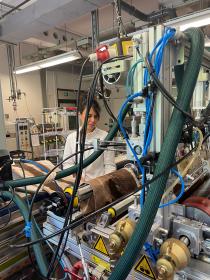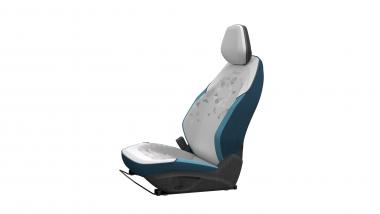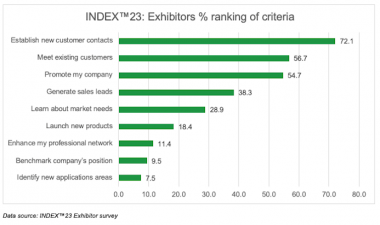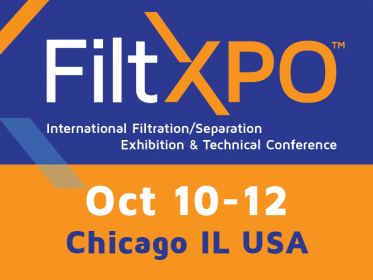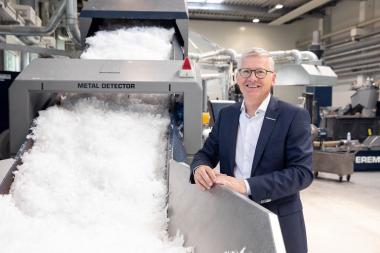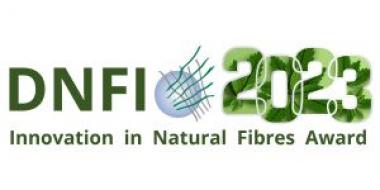DITF: Lignin coating for Geotextiles
Textiles are a given in civil engineering: they stabilize water protection dams, prevent runoff containing pollutants from landfills, facilitate the revegetation of slopes at risk of erosion, and even make asphalt layers of roads thinner. Until now, textiles made of highly resistant synthetic fibers have been used for this purpose, which have a very long lifetime. For some applications, however, it would not only be sufficient but even desirable for the auxiliary textile to degrade in the soil when it has done its job. Environmentally friendly natural fibers, on the other hand, often decompose too quickly. The German Institutes of Textile and Fiber Research Denkendorf (DITF) are developing a bio-based protective coating that extends their service life.
Depending on humidity and temperature, natural fiber materials can degrade in the soil in a matter of months or even a few days. In order to significantly extend the degradation time and make them suitable for geotextiles, the Denkendorf team researches a protective coating. This coating, based on lignin, is itself biodegradable and does not generate microplastics in the soil. Lignin is indeed biodegradable, but this degradation takes a very long time in nature.
Together with cellulose, Lignin forms the building materials for wood and is the "glue" in wood that holds this composite material together. In paper production, usually only the cellulose is used, so lignin is produced in large quantities as a waste material. So-called kraft lignin remains as a fusible material. Textile production can deal well with thermoplastic materials. All in all, this is a good prerequisite for taking a closer look at lignin as a protective coating for geotextiles.
Lignin is brittle by nature. Therefore, it is necessary to blend the kraft lignin with softer biomaterials. These new biopolymer compounds of brittle kraft lignin and softer biopolymers were applied to yarns and textile surfaces in the research project via adapted coating systems. For this purpose, for example, cotton yarns were coated with lignin at different application rates and evaluated. Biodegradation testing was carried out using soil burial tests both in a climatic chamber with temperature and humidity defined precisely according to the standard and outdoors under real environmental conditions. With positive results: the service life of textiles made of natural fibers can be extended by many factors with a lignin coating: The thicker the protective coating, the longer the protection lasts. In the outdoor tests, the lignin coating was still completely intact even after about 160 days of burial.
Textile materials coated with lignin enable sustainable applications. For example, they have an adjustable and sufficiently long service life for certain geotextile applications. In addition, they are still biodegradable and can replace previously used synthetic materials in some applications, such as revegetation of trench and stream banks.
Thus, lignin-coated textiles have the potential to significantly reduce the carbon footprint: They reduce dependence on petroleum-based products and avoid the formation of microplastics in the soil.
Further research is needed to establish lignin, which was previously a waste material, as a new valuable material in industrial manufacturing processes in the textile industry.
The research work was supported by the Baden-Württemberg Ministry of Food, Rural Areas and Consumer Protection as part of the Baden-Württemberg State Strategy for a Sustainable Bioeconomy.
DITF German Institutes of Textile and Fiber Research Denkendorf geotextiles Lignin
Deutsche Institute für Textil- und Faserforschung Denkendorf (DITF)


